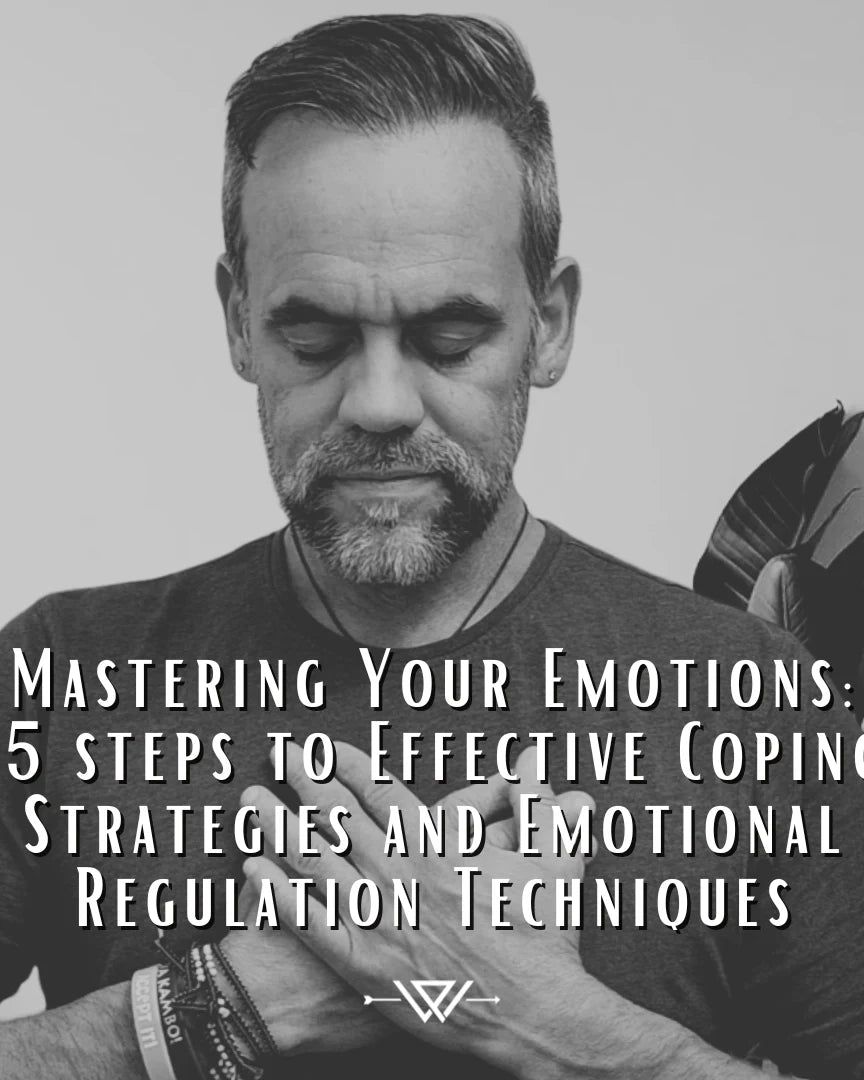
Mastering Your Emotions: 5 Steps to Effective Coping Strategies and Emotional Regulation Techniques
Share
If you struggle with overwhelming emotions, practicing these strategies and coping skills can help you in regulating your emotions. I struggled for many years. It affected my daily life and strained my most important relationships. Through the skills found in Dialectical Behavior Therapy ( DBT), I was able to get my life back by creating an emotional tool kit to help me deal with my emotions effectively.
I hope these tips will be helpful for you.
1. STOP

STOP is a powerful technique for managing intense emotions in the moment. Here's how to use it:
S: Stop what you're doing or thinking
T: Take a step back and take a deep breath
O: Observe your thoughts and feelings without judgment
P: Proceed mindfully and with intention
By practicing STOP, you can gain greater control over your emotions and respond to difficult situations more calmly and effectively.
2. Mindfulness

One of the key DBT skills for regulating emotions is mindfulness. Take a few minutes each day to focus on the present moment, without judgment. Notice what you see, hear, smell, taste, and feel.
3. Opposite Action

When you're feeling overwhelmed by a particular emotion, try opposite action. This means doing something opposite to what the emotion is telling you to do. For example, if you're feeling angry, do something calming like taking a walk or doing deep breathing exercises.
4. Self-Soothe

Self-soothing is another important DBT skill for regulating emotions. It involves doing something comforting and pleasant to calm yourself down in the present moment. Examples could be taking a bath, reading a book, listening to music or playing an instrument.
5. Checking the Facts

Sometimes our emotions are triggered by our thoughts, which might not be based in reality. When this happens, use the DBT skill of checking the facts. Look at the evidence for and against your thoughts, and see if you can come up with a more balanced perspective.
What do you think? Do these strategies and techniques help you? Share in the comments.
